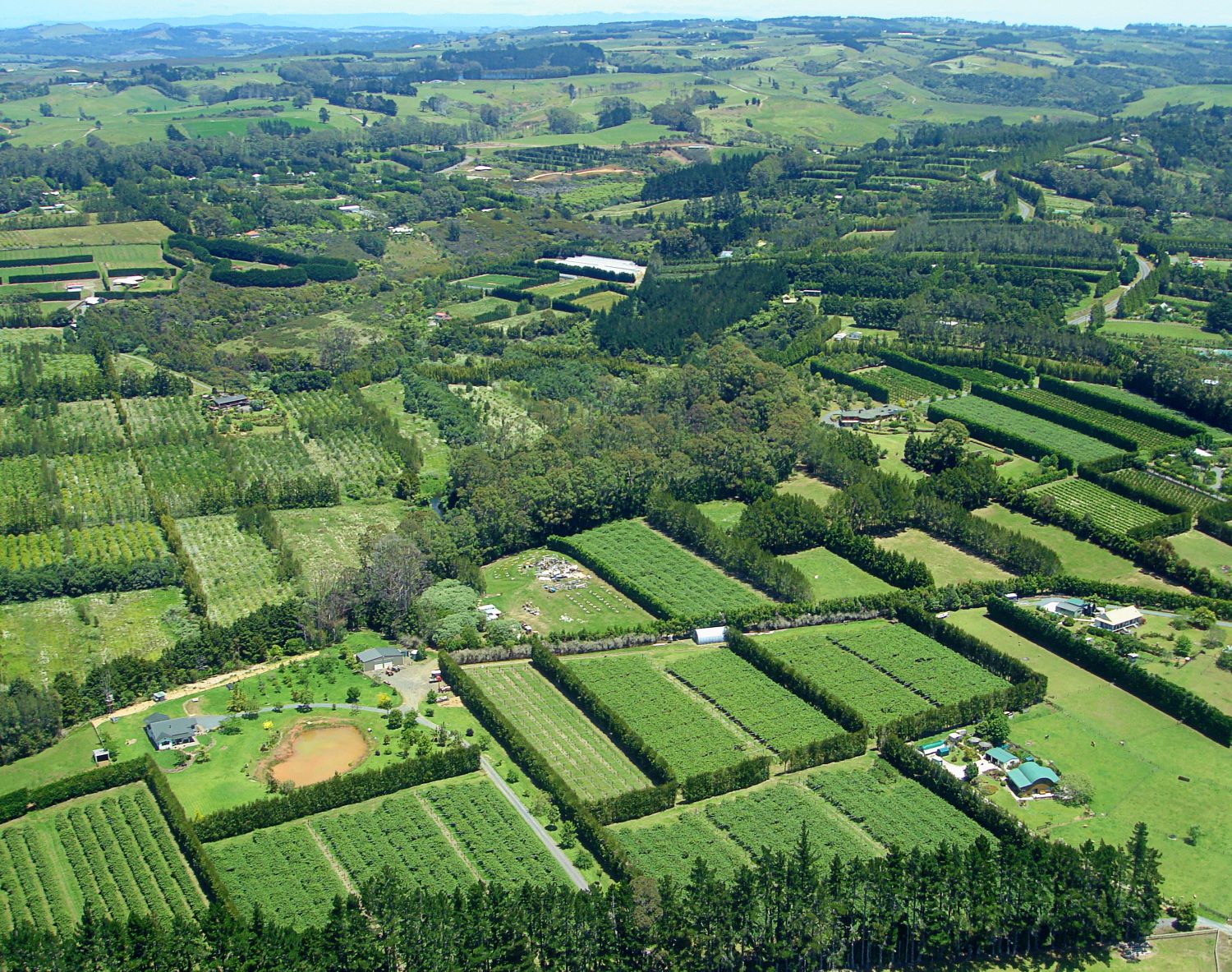The Government is proposing changes to natural wetland provisions in the Resource Management (National Environmental Standards for Freshwater) Regulations 2020 (NESF) and the National Policy Statement for Freshwater Management 2020 (NPSFM).
Both documents were introduced as part of the Government’s Essential Freshwater reforms and introduced strong regulatory protection for natural wetlands.
The proposed changes respond to feedback from stakeholders around New Zealand and a Discussion Document setting out the proposed changes can be found here: Managing our wetlands – Ministry for the Environment Citizen Space – Citizen Space.
Proposed changes
As pasture can get waterlogged after rainfall and be treated as wetland, the Government sought to explicitly exclude heavily modified pasture from the definition of “natural wetland” in the NPSFM.
Following feedback that the current definition of natural wetland is problematic, the Government now proposes amendments to that definition to ensure that “any area of pasture that has more than 50 percent ground cover comprising exotic pasture species or exotic species associated with pasture” is not treated as a natural wetland.
The NESF sets out standards for restoration activities in and around natural wetlands, which have prevented some restoration work from being carried out. The provisions also do not currently provide for biosecurity or maintenance activities.
To address these issues, the Government proposes to bring maintenance work into the restoration provisions, make it easier to carry out some weed control and pest management activities, and permit wetland restoration and maintenance if carried out under a council-approved wetland management strategy.
The current framework also provides resource consenting pathways for some activities to occur in or around natural wetlands. The Government proposes to introduce new consenting pathways for quarrying, landfills, cleanfills, managed fills and mining activities, which are all recognised as having some restrictions on where they can take place. The Government also proposes to amend the urban development consenting pathway to provide for more housing and urban development.
Essentially, the Government is trying to balance preserving natural wetlands with providing for appropriate use and development.
Submissions
Submissions are being accepted until 27 October 2021.
Consultation is also open on:
- Changes to the low slope map in the Resource Management (Stock Exclusion) Regulations 2020 – closing 26 September 2021.
- Proposed regulations for freshwater farm plans – closing 26 September 2021.
- Changes to intensive winter grazing regulations in the NESF – closing 7 October 2021.



